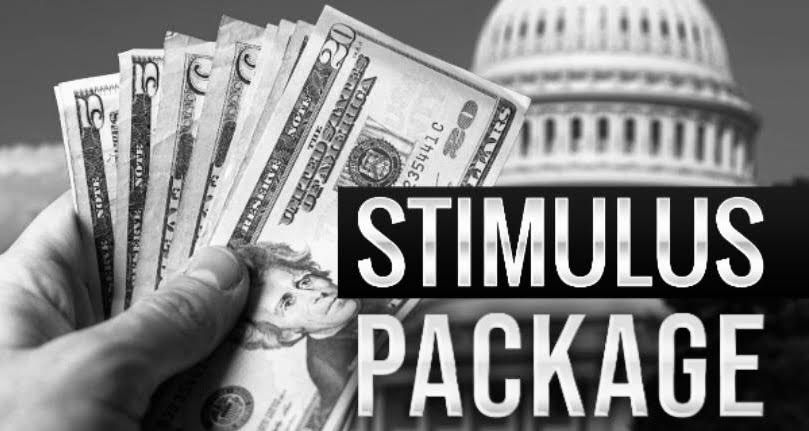
December 21, 2020 New Stimulus Deal: Is It Too Little, Too Late? (Blog Post #7)
I am not an expert in politics, but I am familiar with poverty. Our humble culture, in the South Bronx, recognize and value expressions like “beggars can’t be choosers” and “every little bit helps” as we’ve learned to cope with and manage our daily struggles. As news breaks about another round of stimulus aid, would families who have been hit the hardest by the pandemic be considered ungrateful if they declared these efforts to be a flagrant disregard to their basic needs?
I am not an expert in politics; therefore, I won’t attempt to interpret the details of the new stimulus deal, but something doesn’t feel right. After months of negotiations, American families will finally get some much-needed assistance, but Bronx residents restlessly await their fate. A $600 direct payment, to those who qualify, may be enough to cover a bill or two but far from being substantial to qualify as relief. Just to offer some context, rent rates for a studio apartment in the South Bronx are listed at the starting point of $1,250. This new stimulus deal offers no ongoing reassurance for underprivileged families as public benefits hang from a thread and eviction moratoriums are set to expire.
I am not an expert in politics, but I am familiar with poverty. Recent conversations with families in the Bronx seem to bear the same narrative— tension filled dialogue as families anxiously strife to make ends meet. Heads of households reluctantly eating scraps at the head of their tables because they were laid off or furloughed. The new stimulus deal does extend all pandemic unemployment programs, although so many other factors remain unclear. Housing, healthcare, education, and mental health are some of the many areas of concern.
Families facing life altering decisions as they consider the reality of leaving their apartments to seek stability in a New York City family shelter. Families relying on pantries to feed their household because SNAP and unemployment benefits aren’t enough to carry them through the month. This isn’t politics, this is the reality many residents in the Bronx are faced with. Non-profit organizations like Food Bank for New York City are at the front lines of our communities responding to the need and providing much-needed support. In the eyes of our communities’ residents, these are the kind of leaders who are stepping up during a time of crises. It’s not the big suits in government, but instead it’s the non-profits and their volunteers who are rolling up their sleeves and getting the job done.
It was back in March when the initial relief package was introduced. Although it’s too early to determine the efficacy of the CARES Act, families and small businesses have voiced frustration with the way direct subsidies and the Paycheck Protection Program (PPP) were implemented. Big businesses and fraudsters took advantage while many small businesses were forced to close their doors. As COVID-19 continues to wreak havoc across our communities, small businesses are facing tough regulations which are restricting them from thriving in this unsteady climate. The new stimulus deal includes an extension to the Paycheck Protection Program (PPP), but small businesses can only pray for a better outcome this time around.
There’s a dark cloud of skepticism that hovers over many zip codes in the Bronx. These zip codes are home to the families and small businesses that feel neglected and are overwhelmed with despair. We are witnessing criminals getting away with crimes because they are financially equipped and well connected to pull enough strings to avoid any real consequences. We are witnessing big businesses and banks getting bailed out, time and time again, while underserved communities are left to fend for themselves. Shelter rates are through the roof and mental health conditions, like suicide, are soaring compared to 2019, before the pandemic. So, the question remains, why did it take the government 9 months to intervene when the need for assistance was dire?
I am not an expert in politics, but I am familiar with poverty. While two parties bickered, it’s the people who suffered. And these are the actions that lead to growing distrust in the very government officials who were sworn to protect us.

Sorry, the comment form is closed at this time.